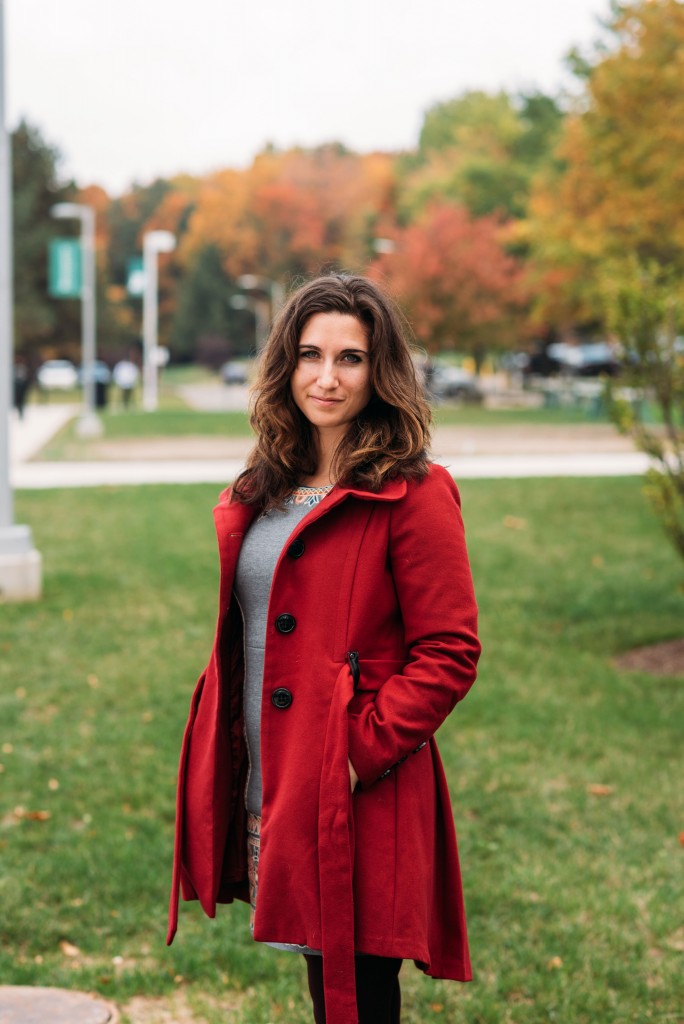
Schizophrenia is a psychological disorder that is a lot more complicated than the stereotypical hallucinations that society has reduced it to, and National Science Foundation (NSF) fellowship winner Katherine Frost is on a mission to better understand it.
Frost is a second-year graduate student studying psychology and researching schizophrenia.
She explained symptoms can include not only delusions, but speech disorders, the inability to express emotions and lack of motivation.
“It’s such a broad disorder, there’s so much to explore and study,” Frost said. “I don’t think I’ve seen two patients that are the same; everybody has a different constellation of symptoms.”
Frost applied last November for the NSF Graduate Research Fellowship Program with the help of Gregory Strauss, a psychology professor, and was selected as the winner in May. According to Frost, the NSF received around 17,000 applications across the STEM disciplines, and she was one of only 2,000 — and the only student at BU — selected.
“This fellowship is really designed to help kickstart careers of those who want to make research their career,” Frost said. “I want to have my own research lab someday. I want to have my own grad students and continue exploring and learning more.”
The fellowship will fund her research for three years, although Frost will carry the title of NSF fellow for the next five. She estimates that she will use around $138,000 while conducting her research. Funding encompasses all fees related to her research, even potential travel costs to conferences.
“There’s so much to explore and study,” Frost said. “Research is really the backbone of treatment, and I’m so excited I get to be a part of that.”
Frost’s research is focused on the effects acute stress has on reward processing in people. Many people with schizophrenia have a symptom called anhedonia, which has traditionally been defined as the inability to experience pleasure. However, her tests will target people who do not have psychiatric disorders in order to establish a baseline to measure how non-schizophrenic people react to stress in comparison with schizophrenic patients.
According to Frost, her study will run congruent with a general lab study run by Strauss that consists of clinical patients diagnosed with schizophrenia.
“Kate’s research is of critical importance to understanding the neurobiological underpinnings of schizophrenia,” Strauss wrote in an email. “Her work will clarify how environmental factors, such as stress, have an impact on specific symptoms at the neural level.”
Frost is planning three separate studies, each designed to understand the correlations between stress and reward. She will use multiple methods of collecting information, including exposing test subjects to stressful situations while monitoring heart rate and brain activity, as well as getting verbal feedback from them.
According to Frost, her goal is to contribute to the understanding of schizophrenia and to one day help prevent the development of the disorder.
“There really aren’t very many successful treatments for symptoms like anhedonia, and they’re not very well understood,” Frost said. “We’re not doing treatment research per se, but every piece of research and finding we get accumulates to the body of knowledge that will go to support treatment in the long run.”
Frost said she sees her fellowship as a great way to raise the profile of BU while working toward a health solution.
“It’s great exposure for the University and the department,” she said, “which in turn attracts more people to come here who want to work on similar things.”


